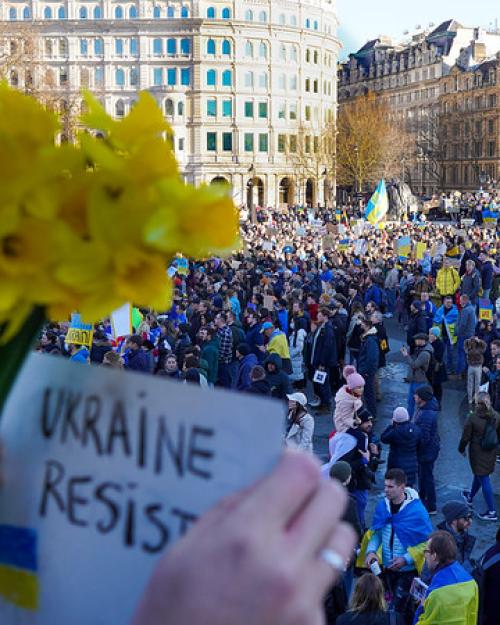How do nations decide when to go to war? What are the rules that govern when it is permissible to resort to war under international law? This Cornell Research profile of History Professor Isabel Hull explores her research into situations when war has been deemed permissible, specifically at what history tells us—the period 1814 to 1914 and the criteria known as jus ad bellum.
Hull is currently working on a large research project that will culminate in a book. The book will concentrate on what is called the long nineteenth century—1814 to 1914— and the criteria known as jus ad bellum, which identify when war is permissible under international law.
“If you look at the long nineteenth century, there are no wars in Europe aside from the German and Italian wars of unification,” Hull says. “Why? After the Napoleonic Wars, which went on for 23 years, the European powers at the Congress of Vienna set up a European-wide system to prevent wars of aggression. They set down the state borders and said, ‘This is how things are and this is how they’re going to stay, and you’re not allowed to use war to change what we’ve set down.’ ”





